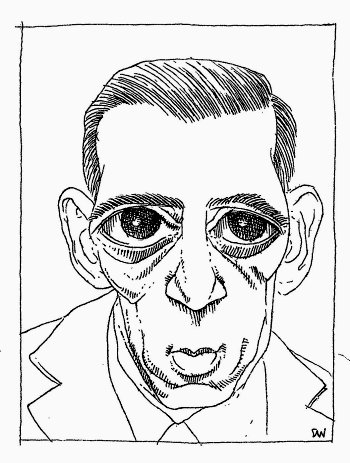Interviewer: Do you mean to imply by this that there have been no important new writers or styles since the 1930s?
Frye: No, no. There is no dearth of new writers and new styles. Norman Mailer has been classed as an important new writer.
Interviewer: What do you think of his work?
Frye: Personally, I find his books rather lengthy and somewhat insensitive. That is not to suggest of course that he lacks integrity—I don’t think he does. And then I can only make a personal judgment, not a critical one, since I have never read his books that closely.
Interviewer: What about J.D. Salinger?
Frye: Ah yes! Now there is someone with whom I have much more affinity. His, I think, is a really unique insight into life in this era. Mind you, his preoccupation with Zen and Oriental culture does strike me as a bit phoney. But his study of the Daemon child, for instance, is awfully well done. There is nobody else I know who has done quite that thing. And this work is not just important as an “adolescent scream” to be put on university reading courses because students can easily identify with the characters. It has great tragic and ironic implications. Of course this has very little to do with its wide popularity. Like Nabokov’s Lolita, it is an example of a substantial piece of fiction of this era which has been widely read not for the things that make it great but for its incidental appeal to a certain audience.
Frye on Salinger
Leave a reply

